Get the answer and learn how to protect your little one
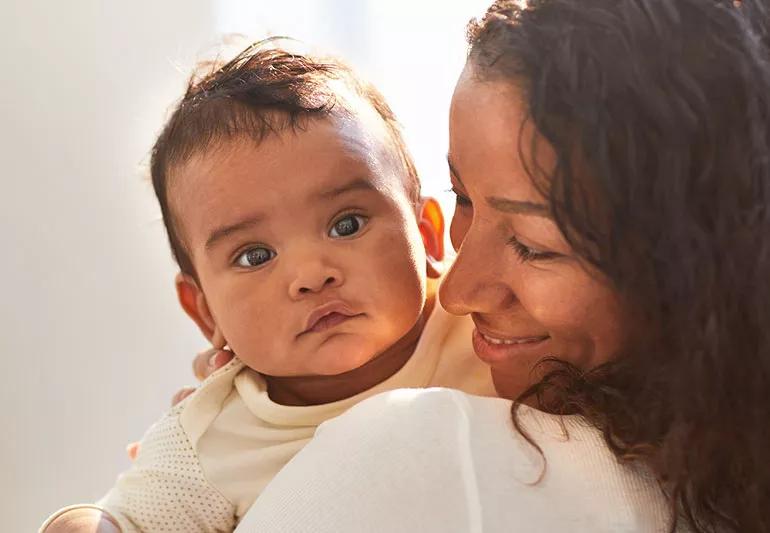
Your little one means the world to you. Of course their safety is your top priority.
Advertisement
Cleveland Clinic is a non-profit academic medical center. Advertising on our site helps support our mission. We do not endorse non-Cleveland Clinic products or services. Policy
You have safety locks on everything, you bought the best-reviewed car seat on the internet and you watch them like a hawk 24/7. You do what you can to protect your child from the unknowns, but the arrival of COVID-19 has made things a little more uncertain. Now, you have to take extra precautions to keep your child happy, safe and healthy.
The American Academy of Pediatrics recommends that children age 2 and older wear face masks. But what about infants? How can you keep them safe in the age of the new coronavirus? Pediatric infectious diseases physician Heather Daniels, DO, has some helpful advice for keeping tiny ones safe.
“Masks should not be worn by infants and young toddlers as they could be a suffocation risk,” says Dr. Daniels. Plus, young children aren’t capable of adjusting masks or removing them if they start to have difficulty breathing, she adds.
With the nicer weather, you might be itching to get out of the house with your infant in tow — or you might be nervous about exposing your baby to the outside world. Ultimately, Dr. Daniels recommends going with your gut when it’s time to decide if you stay in or go out.
“As a parent, it is important for you to determine your comfort level when deciding to take your infant out in public. Some parents may not feel comfortable taking their young children to public places yet and that’s completely fine,” says Dr. Daniels. Don’t feel pressured to bring your baby around others, especially newborns. There are plenty of virtual ways to introduce people to your new bundle of joy.
Advertisement
Dr. Daniels says that when you go out with your child, stick with the six-feet rule around others. If you’re going to meet family or friends, politely request that if someone is sick, they stay home to avoid getting others sick. And for an added layer of safety, make sure that anyone who is old enough to wear a mask wears one when they’re around your child.
The American Academy of Pediatrics recommends that children 2 or older wear cloth face coverings or masks when going to places where the six-feet rule can’t be practiced. This means during doctor’s visits or trips to the grocery store and other crowded areas. Dr. Daniels also suggests washing your child’s mask after every use.
For children with developmental delays or underlying medical conditions where a mask may pose a suffocation risk, Dr. Daniels recommends talking to your healthcare provider to figure out the best solution.
Children don’t need to wear masks at home or during walks. But should you go to the park, make sure your child practices social distancing and avoids touching germy surfaces.
Some kids might think wearing a mask is fun. Others might think it’s scary. If your child isn’t a fan of wearing a mask, Dr. Daniels offers this advice for helping them feel more at ease about it.
“It is understandable that some young children will be afraid to wear a mask since this is so new. It is important for parents or grandparents to show kids how to wear masks. This helps normalize it and shows that it is not scary at all. Also, explain the process in age-appropriate ways. And to help your child get excited about wearing their mask, let them pick out one in a fun pattern or a color they like to help increase the chances of them wearing it.”
Advertisement
Learn more about our editorial process.
Advertisement
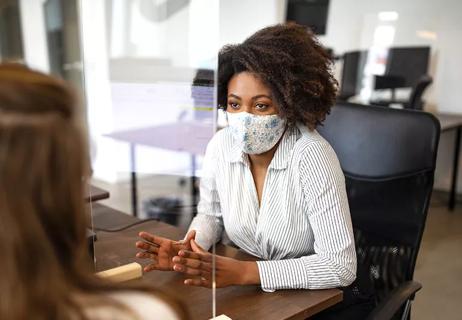
No, but find out how you could be making things more uncomfortable
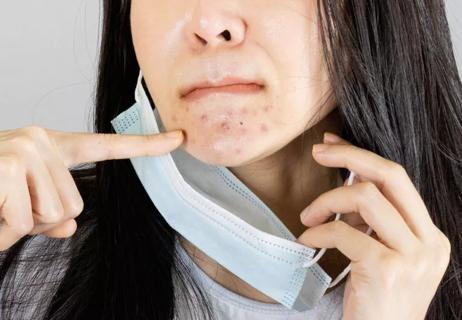
Here's what you can do to help prevent it
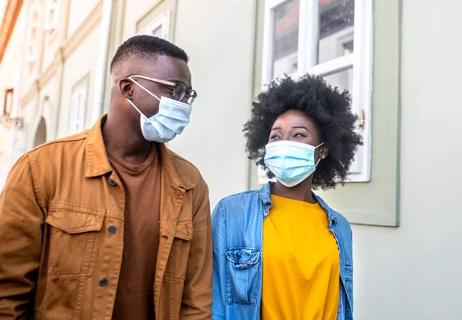
The short answer from an infectious disease specialist
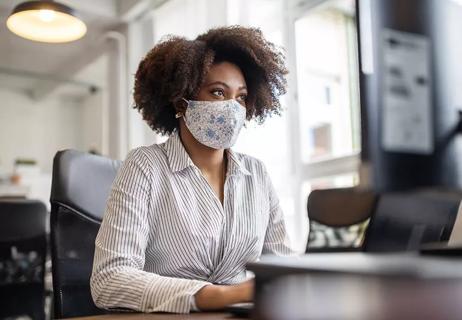
Reduce the stress with a few helpful tips from a psychiatrist
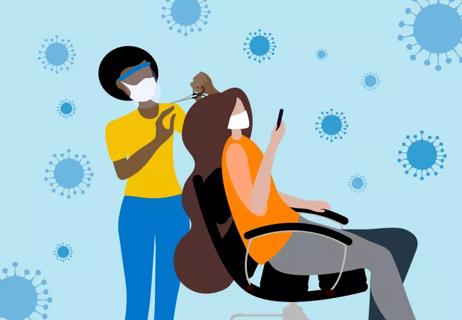
Our expert weighs in on the new data

Best practices for this essential piece of personal protective equipment
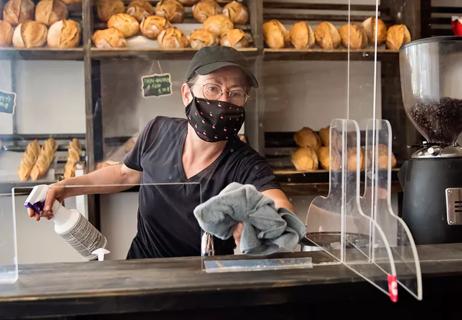
How to choose your mask wisely + keep it clean

The short answer from a hospital medicine specialist

If you’re feeling short of breath, sleep can be tough — propping yourself up or sleeping on your side may help

If you fear the unknown or find yourself needing reassurance often, you may identify with this attachment style

If you’re looking to boost your gut health, it’s better to get fiber from whole foods